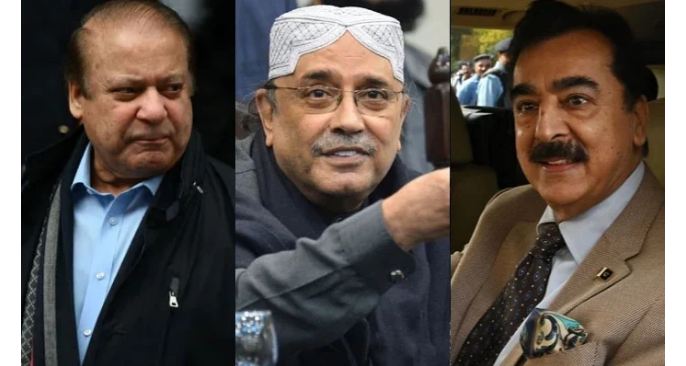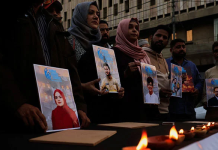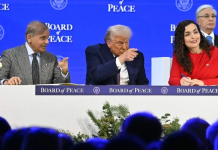ISLAMABAD, SEPT 15: The corruption cases against political bigwigs have been restored after the Supreme Court announced a major verdict on Pakistan Tehreek-e-Insaf (PTI) Chairman Imran Khan’s petition challenging the amendments made to the country’s accountability laws.
Former prime minister Nawaz Sharif, former president Asif Ali Zardari and former premier Yousuf Raza Gillani are likely to face inquiries after the Supreme Court in a 2-1 verdict struck down some of the amendments made to the accountability laws.
In the majority verdict today, the apex court restored graft cases against public office holders that were closed down following the amendments during the Pakistan Democratic Movement (PDM-led) government.
The three-member bench — headed by CJP Umar Ata Bandial, and comprising Justice Mansoor Ali Shah and Justice Ijazul Ahsan — declared the PTI chief’s petition admissible.
The Supreme Court declared nine out of 10 amendments null and void while Justice Shah issued a dissenting note in the case.
The apex court ordered restoring all graft cases worth less than Rs500 million that were closed down against the political leaders belonging to different political parties and public office holders and declared the amendments void.
The verdict on Khan’s appeal further added that the NAB amendments under question affected the rights of the public listed in the Constitution.
The verdict has some far-reaching consequences as the striking down of the amendments would mean that references against some of the country’s political bigwigs will once again land in the accountability courts.
The verdict directed the anti-corruption watchdog to reopen Toshakhana cases against Nawaz, Zardari and Gillani while LNG terminal case against former premier Shahid Khaqan Abbasi and the rental power reference against Raja Pervez Ashraf had been restored as well in light of the verdict.
As per sources, cases against former premier Shaukat Aziz and former finance minister Ishaq Dar will also reopen. All these cases will be heard by the NAB.
NAB amendments
The NAB amendments not only reduced the four-year term of the NAB chairman and the bureau’s prosecutor general to three years but also placed all regulatory bodies functioning in the country out of NAB’s domain.
Furthermore, the changes included that a three-year term be set for the judges of the accountability courts and that courts be bound to decide a case within one year.
Challenging the amendments, Khan approached the apex court and petitioned that the amendments be struck down on the grounds that they were unconstitutional.
The petition argued that amendments to sections 2, 4, 5, 6, 25 and 26 of the NAB law are against the Constitution, along with amendments made to sections 14, 15, 21 and 23.
Furthermore, Khan argued that amendments in the NAB law are contrary to the fundamental rights of Articles 9, 14, 19, 24, and 25.
All these amendments made in the NAB law should be declared null and void, the PTI Chairman had requested.
To hear Khan’s plea, a special 3-member bench was formed on July 15, 2022. The first hearing of the case against the NAB amendments was held on July 19 last year after Khan’s lawyer Khawaja Haris filed an application 184/3 against the NAB amendments.
Both the federation and NAB were made parties in the petition.

















